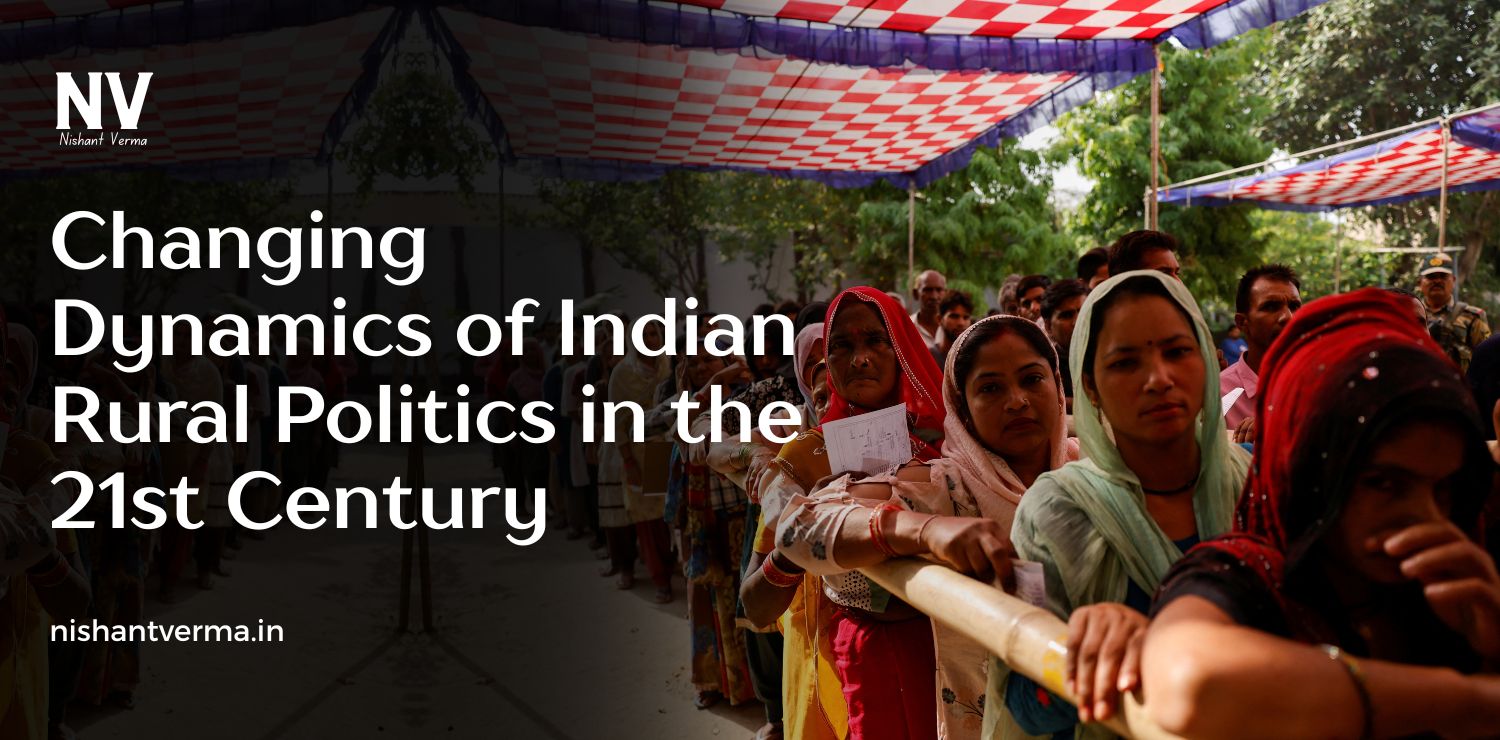In the fast-paced urban jungle of metropolitan cities, the allure of higher salaries often masks the hefty hidden costs that come with it. From exorbitant rent to skyrocketing school fees, endless traffic jams, health deteriorations, and the unrelenting stress, life in the metro is not as glamorous as it seems. In contrast, living in a peaceful smaller city, earning a modest 50K salary can often provide a better quality of life than earning 1 lakh in a bustling metro. This might sound counterintuitive to the allure of big-city living, but when you break it down, the true cost of living in a metro might surprise you.
The Hidden Financial Costs of Metro City Life
Rent: Paying 30% More for the Same Roof Over Your Head
One of the most glaring expenses in any metropolitan area is the cost of rent. In most metro cities, rents are often 30% or more higher than what you would pay in a smaller city or town. Take, for example, a family living in a two-bedroom apartment in a tier-1 city like Mumbai, Delhi, or Bangalore. The rent could easily range between ₹30,000 to ₹50,000 or more per month. In a smaller city, you could be paying anywhere between ₹15,000 to ₹25,000 for a similar-sized space, often with better air quality, more greenery, and a less congested environment.
This extra rent in metros often does not even come with the same quality of living. Cramped apartments, noise pollution, and a lack of space for kids to play are common trade-offs. Over time, paying this premium for rent adds up, taking a significant bite out of your hard-earned salary. Additionally, the pressure to constantly upgrade your lifestyle to match your higher income often leads to frivolous spending on things like expensive cars, gadgets, and memberships that only add to the cost of living.

School Fees: Spending 5-10K Extra Per Child
For families, education is a major priority. However, the cost of schooling in metro cities is often significantly higher than in smaller towns. In metros, private schools that offer a good standard of education charge exorbitant fees, ranging from ₹1 lakh to ₹2 lakh per year per child. Comparatively, in a smaller city, a similarly good private school may charge between ₹60,000 to ₹1 lakh per year, potentially saving you ₹5,000 to ₹10,000 a month per child.
Apart from tuition fees, the competition for getting your child into the “right” school in metro cities adds another layer of stress. You’ll often need to factor in additional costs such as transportation, extra-curricular activities, and even private tutoring, all of which further strain your budget. This adds up quickly, eroding the higher salary you initially sought when moving to the metro.
Health and Time: The Priceless Costs You’re Paying
Health Cost: Losing 5-10 Years of Your Life
One of the most overlooked expenses of living in a metropolitan area is its toll on your health. Pollution, sedentary lifestyles due to long hours of work, and the stress of living in a high-pressure environment all contribute to deteriorating health. Studies have shown that people living in large cities often suffer from higher rates of respiratory diseases, cardiovascular issues, and mental health problems compared to those in smaller towns.
The World Health Organization (WHO) has even reported that air pollution in some metros is akin to smoking a pack of cigarettes a day. It’s not just your lungs that suffer; prolonged exposure to high-stress environments can lead to chronic conditions like hypertension, diabetes, and even reduce life expectancy by 5-10 years. All of this means more doctor visits, more medication, and more healthcare expenses over time.
Even more importantly, while you may be making more money, the quality of life diminishes as your health deteriorates. You might find yourself spending more of that hard-earned income on hospital bills and treatments rather than enjoying life with family and friends. Health is one of those costs that cannot be quantified fully until it’s too late, and the city life has already taken its toll on you.

Time Cost: Losing 2 Years in Traffic
Time is one of the most valuable resources we have, yet living in a metro forces you to lose a huge chunk of it. Commuting in metro cities often means being stuck in traffic for hours every day. Studies estimate that on average, residents in metros like Delhi or Mumbai can spend over 1-2 hours commuting to and from work each day. Over the course of a year, this adds up to over 500 hours spent in traffic—a whole 20 days.
Now consider this over the span of your working career—say 40 years. That’s nearly two full years of your life wasted in traffic jams. The emotional and psychological toll of this lost time is enormous. Instead of spending quality time with your family, pursuing hobbies, or simply relaxing, you’re stuck behind the wheel or packed like sardines in overcrowded public transportation.
In contrast, in smaller cities, commuting is often far more manageable. Shorter distances, less traffic, and a slower pace of life mean you get back hours of your day that you would otherwise lose in a metro. This additional time can be invested in personal development, family, or even just unwinding from the stresses of life. The value of this time regained is immeasurable.

Stress-Free Living: The Ultimate Payoff
The Intangible Cost: More Stressful Living
It’s not just about the financial and time costs—living in a metro also comes with a heightened level of stress. Whether it’s the constant noise, the competitive work environment, or the pressure to keep up with your peers, the hustle never really ends. This chronic stress takes a toll on your mental well-being, leading to burnout, anxiety, and even depression.
On the other hand, living in a smaller town offers a slower, more peaceful pace of life. There’s less pressure to constantly “achieve” or keep up with the Joneses. The environment is often more community-focused, and people have a stronger sense of work-life balance. In a smaller city, the focus is more on living well, rather than simply working hard. While you might earn less in terms of salary, the payoff is a richer, more fulfilling life.
Conclusion: Choose Quality of Life Over Salary
At first glance, a 1 lakh salary in a metro city might seem like a dream come true, but when you factor in the hidden costs—financial, time, health, and emotional—the picture changes. The inflated rent, higher school fees, deteriorating health, lost time in traffic, and overwhelming stress all add up, eroding the advantages of a higher income.
Conversely, earning a more modest 50K salary in a peaceful city can offer a better overall quality of life. Lower living costs, better health, more time, and less stress are all invaluable factors that contribute to long-term happiness and well-being. So, before you decide to chase the big city dream, consider the true costs involved—and whether a simpler, more balanced life in a smaller city might be the better choice for you and your family.




